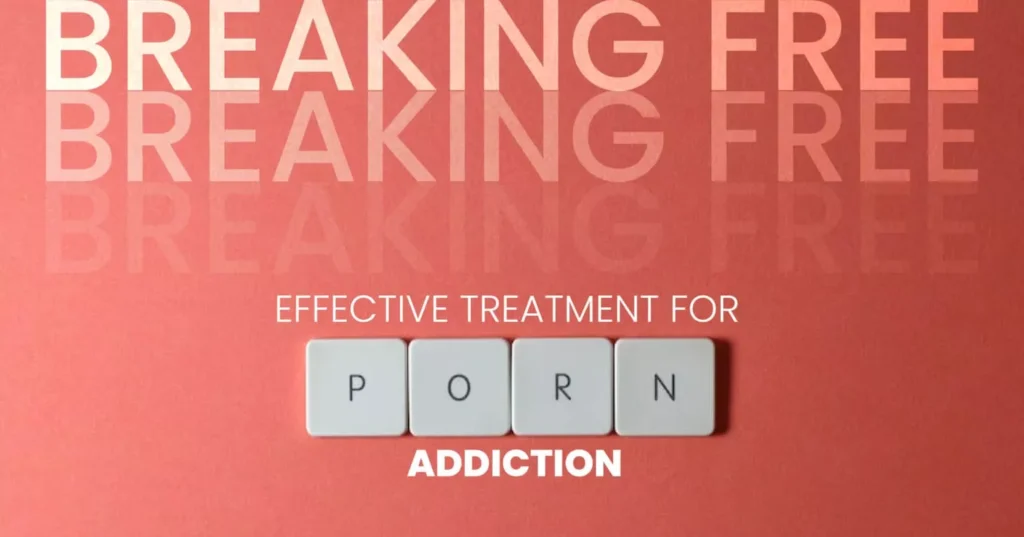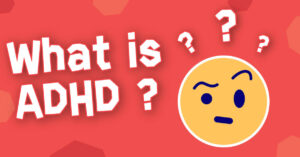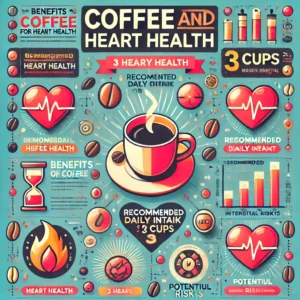Struggling with addiction to adult content and masturbation is something many people experience, but it can often be difficult to talk about. If you find yourself caught in a cycle of trying to quit and repeatedly relapsing, it’s important to remember that you’re not alone, and recovery is possible. While these behaviors can impact your mental health, relationships, and overall well-being, the good news is that there are strategies and tools available to help you break free.
For some, issues like nocturnal emissions (also known as “nightfall” in men) may complicate feelings of guilt or confusion about their progress. Understanding these natural bodily functions can help prevent unnecessary stress as you work toward recovery.
Here are some proven strategies to guide you through the journey.
1. Understanding the Root Causes
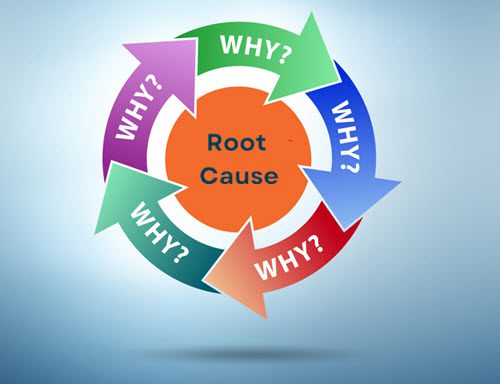
The first step in overcoming addiction is understanding why you engage in these behaviors. Both adult content and masturbation addictions can often be coping mechanisms for deeper emotional issues like stress, loneliness, or unresolved trauma. Understanding the root cause of your behavior is crucial for long-term recovery. Journaling can help you track your thoughts and triggers, while cognitive-behavioral therapy (CBT) can be instrumental in addressing and reframing negative thought patterns.
Nocturnal emissions, or “nightfall,” may also cause concern for some men struggling with these addictions. It’s important to remember that these emissions are natural and involuntary, and should not be confused with relapse. Being aware of this distinction can ease unnecessary anxiety during your recovery.
2. Accountability and Support Groups

Accountability is vital when trying to break free from both adult content and masturbation addiction. Many individuals benefit from joining support groups, where they can share experiences and learn from others. Groups like Sex Addicts Anonymous (SAA) or Porn Addicts Anonymous (PAA) provide structured recovery programs. These groups allow people to openly discuss their struggles and progress in a judgment-free space, reducing feelings of isolation and shame.
For those unable to attend in-person meetings, online communities like Reddit’s r/NoFap offer supportive environments where members encourage each other to quit both adult content and excessive masturbation. Sharing your journey with like-minded individuals can make the recovery process feel less daunting.
3. Setting Clear Goals and Boundaries
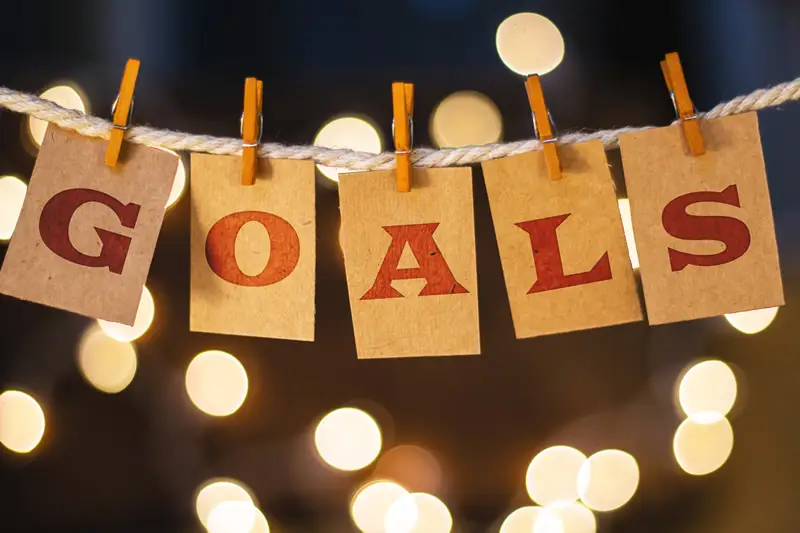
Setting realistic and achievable goals is key to overcoming addiction. Instead of trying to quit immediately, set smaller goals such as going a week without engaging in the behavior, then gradually increase your target. Each milestone, no matter how small, is a success worth celebrating.
Establishing boundaries is equally important. This could involve reducing exposure to triggers by limiting internet usage or installing apps like Covenant Eyes or Fortify, which block explicit material. These apps also provide educational resources and offer accountability features to help track your progress.
4. Mindfulness and Meditation
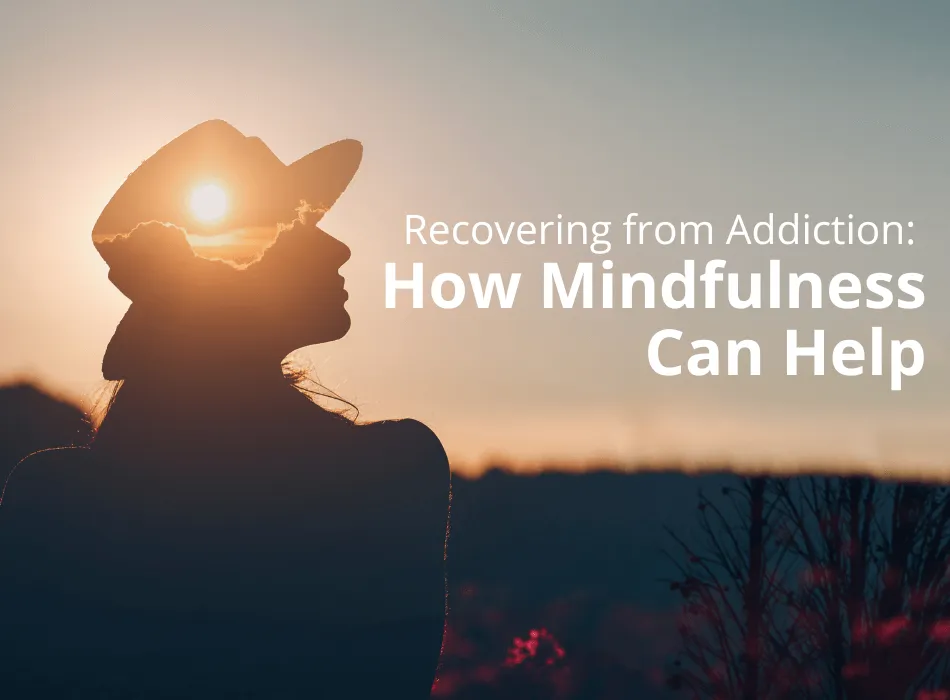
Mindfulness practices can help manage the urges associated with both adult content and masturbation addiction. Mindfulness encourages you to recognize cravings without immediately reacting to them. This allows you to pause and reflect, giving you the power to choose not to act on the impulse.
Meditation can also be a helpful tool in building mental resilience. Apps like Headspace or Calm offer guided sessions to help you stay present and aware, improving your ability to cope with cravings in healthier ways.
5. Replacing the Habits with Healthy Activities
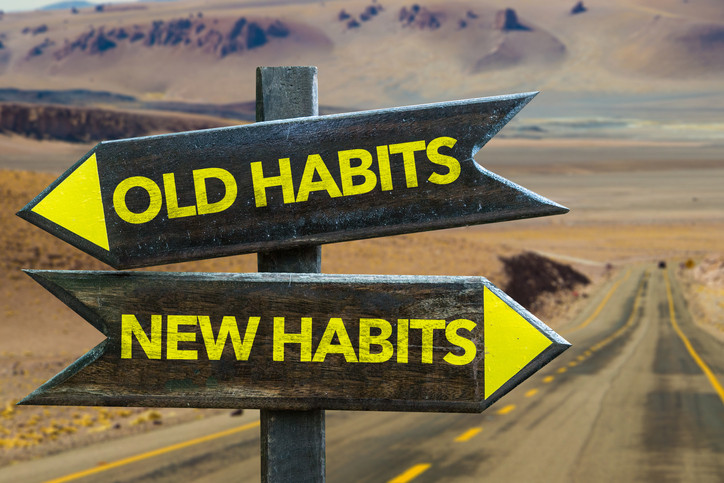
Quitting adult content and masturbation leaves a gap in your routine that needs to be filled with positive activities. Physical exercise such as running, weightlifting, or yoga can reduce stress and provide a natural mood boost through the release of endorphins. Engaging in creative outlets, like writing, painting, or learning a new skill, can also help redirect your energy toward something productive and fulfilling.
Participating in these healthy activities not only reduces the cravings for unhealthy habits but also builds a sense of accomplishment and personal growth.
6. Seeking Professional Help

If self-help efforts aren’t enough, seeking professional guidance may be the next step. Therapists, particularly those experienced in addiction, can help develop personalized strategies for managing triggers and breaking harmful patterns. Cognitive-behavioral therapy (CBT) has been shown to be highly effective in treating both adult content and masturbation addictions by addressing the underlying thought processes.
If underlying mental health conditions, such as anxiety or depression, are contributing to your behaviors, addressing these with a therapist can significantly aid in your recovery.
7. Being Kind and Patient with Yourself
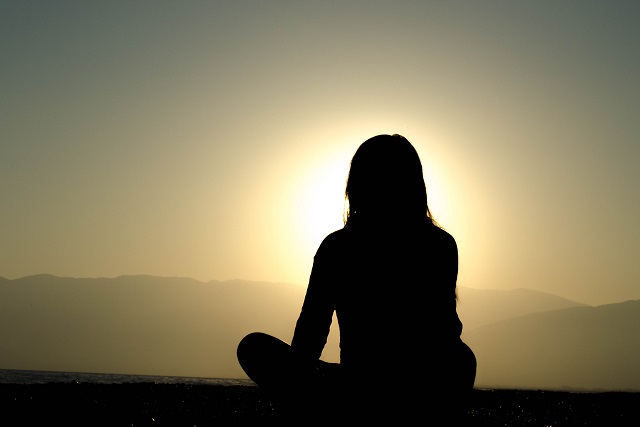
Breaking free from addiction is a process that takes time, and it’s essential to be patient with yourself along the way. Relapses may occur, but they don’t define your journey. Instead, view them as opportunities to learn more about your triggers and adjust your strategies.
Nocturnal emissions (“nightfall”) should not be a source of shame or guilt during this process. These are natural and involuntary, and understanding that they do not constitute a relapse can help you maintain a positive mindset.
Forgive yourself for setbacks and focus on the progress you’ve made. Every step forward, no matter how small, is a victory.
Final Thoughts

Recovering from adult content and masturbation addiction is challenging, but it’s one of the most rewarding decisions you can make for your mental, emotional, and relational health. Combining self-awareness, accountability, and healthy habits will help you regain control and live a more fulfilling life.
If you or someone you know is struggling with these issues, don’t hesitate to seek help. Support is available, whether through therapy, support groups, or recovery apps. With time, perseverance, and the right tools, you can break free from addiction and lead a healthier, more balanced life.
48 FAQs and Answers
- What is adult content (P0rn) addiction?
Adult content addiction is a compulsive behavior where individuals frequently engage with explicit material, despite negative impacts on their mental health, relationships, and daily life. - Can someone be addicted to masturbation?
Yes, masturbation can become addictive when it interferes with one’s daily responsibilities, relationships, and emotional well-being. - What are the symptoms of adult content addiction?
Common symptoms include an inability to stop watching adult content, using it as a coping mechanism, experiencing shame after use, and neglecting personal and social obligations. - Is masturbation addiction common?
Masturbation addiction is relatively common, though it’s often underreported due to shame or stigma associated with discussing the issue. - Can adult content and masturbation addictions be treated?
Yes, these addictions can be treated with therapy, support groups, mindfulness practices, and lifestyle changes. - What causes adult content and masturbation addiction?
These addictions are often triggered by emotional issues such as stress, anxiety, loneliness, trauma, or a need for instant gratification. - What role does stress play in addiction to adult content?
Stress can be a major trigger for adult content addiction, as individuals may turn to it as a way to temporarily escape or self-soothe. - What is nocturnal emission (nightfall)?
Nocturnal emission, or nightfall, is the involuntary release of semen during sleep, which is a natural bodily function in men. - Does nocturnal emission indicate addiction?
No, nocturnal emission is a natural process and does not indicate addiction to adult content or masturbation. - What are the first steps to quitting adult content?
Start by identifying your triggers, setting small, achievable goals, seeking support, and using tools like content blockers. - How do support groups help with adult content addiction?
Support groups provide a safe space to share experiences, receive encouragement, and hold each other accountable. - What is the NoFap movement?
NoFap is an online community that promotes abstaining from adult content and masturbation to improve mental, emotional, and physical health. - What are the benefits of quitting adult content?
Benefits include improved mental clarity, better relationships, increased self-esteem, and enhanced productivity. - What are some apps to help quit adult content?
Apps like Covenant Eyes and Fortify help block explicit content and provide accountability and recovery resources. - Can meditation help in quitting adult content and masturbation?
Yes, meditation helps increase self-awareness, manage urges, and reduce impulsive behavior. - What is cognitive-behavioral therapy (CBT)?
CBT is a type of therapy that helps individuals identify and change negative thought patterns, which can aid in addiction recovery. - How do I stop relapsing into old habits?
Stay aware of your triggers, set boundaries, seek accountability, and adopt healthier coping mechanisms. - Are there online communities for overcoming adult content addiction?
Yes, online communities like Reddit’s r/NoFap and other forums offer support and guidance for those trying to quit. - How does mindfulness help with addiction?
Mindfulness helps you become more aware of your thoughts and emotions, allowing you to pause and choose a healthier response to urges. - How long does it take to overcome addiction to adult content?
The timeline varies, but consistent effort, support, and self-care can lead to significant progress in a few months. - How does adult content addiction affect relationships?
It can lead to emotional distance, reduced intimacy, and trust issues in romantic relationships. - Can exercise help reduce cravings for adult content?
Yes, physical activity releases endorphins and reduces stress, helping to curb cravings. - What is the role of therapy in addiction recovery?
Therapy provides tools for addressing underlying emotional triggers, managing urges, and developing healthier behaviors. - What is an accountability partner?
An accountability partner is someone who helps you stay committed to your recovery goals by checking in regularly and offering support. - Why is relapse common in addiction recovery?
Relapse is common because addiction alters brain chemistry, and breaking habits requires time, consistency, and support. - Can adult content addiction cause depression?
Yes, addiction to adult content can contribute to feelings of guilt, shame, and depression over time. - How do I talk to my partner about my addiction?
Be honest, open, and vulnerable, and express your commitment to recovery. Encouraging understanding and support is key. - Are nocturnal emissions a sign of a problem?
No, they are natural and not related to addiction. They occur as a normal bodily function during sleep. - How do I cope with urges to watch adult content?
Use mindfulness, distraction techniques, and replace the habit with healthier activities like exercise or creative hobbies. - Can medication help with addiction?
In some cases, medication for anxiety, depression, or impulse control may support addiction recovery. - Why do I feel shame after watching adult content?
Shame often arises from the conflict between knowing the negative impact of the behavior and struggling to quit. - What is the difference between addiction and a habit?
Addiction involves compulsive behavior despite negative consequences, whereas a habit is a routine behavior that doesn’t necessarily disrupt your life. - What are healthy habits to replace adult content use?
Physical exercise, creative hobbies, reading, meditation, and spending time with loved ones can all replace harmful behaviors. - How does adult content affect brain chemistry?
Consuming adult content can lead to dopamine overproduction, reinforcing the behavior and creating an addiction cycle. - Can watching adult content affect sexual performance?
Yes, long-term use of adult content can lead to unrealistic expectations and difficulty achieving intimacy with a partner. - Is adult content addiction linked to anxiety?
Yes, many individuals with anxiety may use adult content to cope, but it often worsens anxiety in the long run. - How does quitting adult content improve self-esteem?
Breaking free from addiction leads to improved self-control, healthier relationships, and a more positive self-image. - Are there resources specifically for men dealing with nightfall?
Yes, many online forums and professionals address nocturnal emissions, helping men understand and accept them as natural. - What are triggers for adult content use?
Common triggers include stress, boredom, loneliness, anxiety, and easy access to the internet. - Can I recover from addiction on my own?
While some can recover alone, most benefit from a combination of personal effort, therapy, and support groups. - Does reducing screen time help with addiction?
Yes, reducing screen time can limit exposure to triggers and help break the habit of using adult content. - What are the long-term effects of adult content addiction?
Long-term effects can include emotional desensitization, relationship issues, and mental health struggles like depression or anxiety. - How do I deal with guilt after a relapse?
Accept that relapse is part of the recovery process. Learn from it, recommit to your goals, and move forward without self-judgment. - Why is community support important for recovery?
Being part of a supportive community reduces feelings of isolation, provides encouragement, and helps keep you accountable. - What are some techniques to distract myself from urges?
Techniques include deep breathing, engaging in a physical activity, focusing on a creative task, or calling a friend. - Can addiction to adult content be a form of escapism?
Yes, many people use adult content to escape from stressful emotions or life situations, which can lead to dependency. - How do I stay motivated in my recovery?
Track your progress, celebrate small wins, stay connected with support groups, and remind yourself of the benefits of recovery. - Can a relapse be a learning opportunity?
Yes, relapse can help you identify triggers and areas where you need more support, allowing you to refine your recovery strategy.
